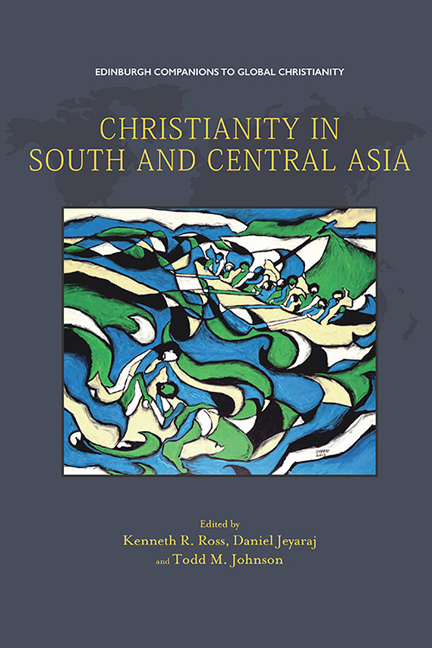Sri Lanka
Published online by Cambridge University Press: 30 April 2020
Summary
The introduction of Christianity to the Indian Ocean island of Sri Lanka is closely linked to the nation's period of colonisation. There are some records of a handful of small settlements of Christians in the country's coastal areas, established around the first century after Christ as a result of the missionary work of the Apostle Thomas. These records, however, have not been confirmed. As a result, historical records as well as the general understanding among Sri Lankans is that Christianity in Sri Lanka is a result of colonial rule.
In 1505 the Portuguese were the first to share the name of Christ in the island, around the coastal areas of the country where they established their rule. They introduced Catholicism to Sri Lanka and were followed by the Dutch, who arrived in 1658. The Dutch colonisers introduced Protestant Christianity and established the Dutch Reformed Church. In 1796 the Dutch lost control of the island to the British, who brought with them the Church of England; they had gained control of the entire country by 1815.
With each invasion and each colonial dominance over the island nation, a church and a form of Christian expression and a denomination were introduced. This led to an indelible impression in the minds of Sri Lankans that Christianity and colonisation – and all the evils that came along with colonial rule – were one. As such, Christianity was less associated with the gospel of Jesus Christ and more with colonial rule and administration. Even today, to many Sri Lankans Christianity remains the formal embodiment of five centuries of forced European rule and subjugation. The repression, ransacking and ruthless conduct of the colonial era significantly tainted and distorted Christianity as a religion in the eyes of many Sri Lankans. At the same time, there is no doubt that the colonisers, during their time of rule, in certain instances contributed positively, through the establishment of schools, hospitals and infrastructure.
American missionaries who went to Jaffna established the first medical school in the country in 1848, more than two decades before the Colombo Medical School.
- Type
- Chapter
- Information
- Christianity in South and Central Asia , pp. 199 - 208Publisher: Edinburgh University PressPrint publication year: 2019



